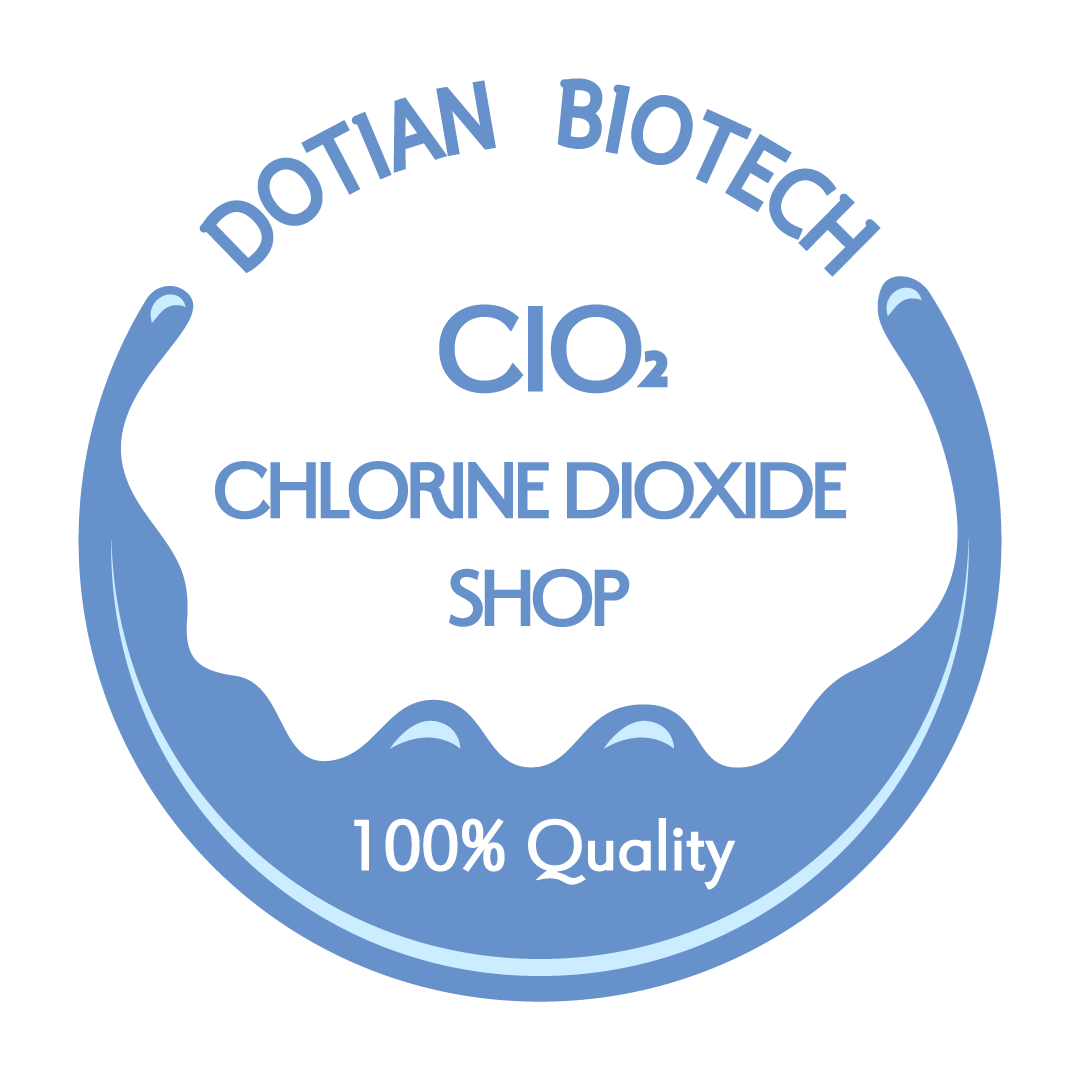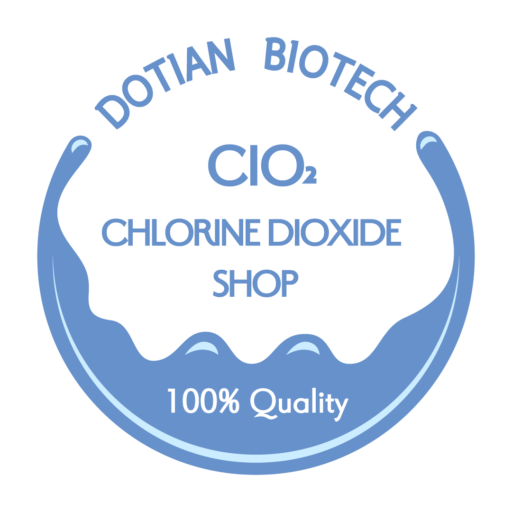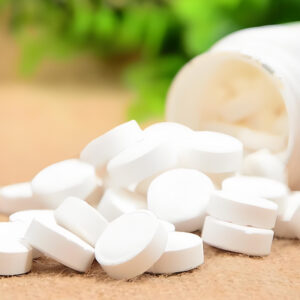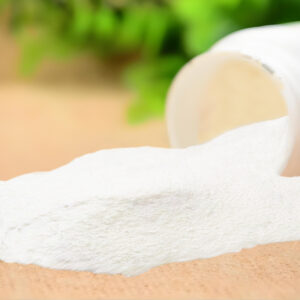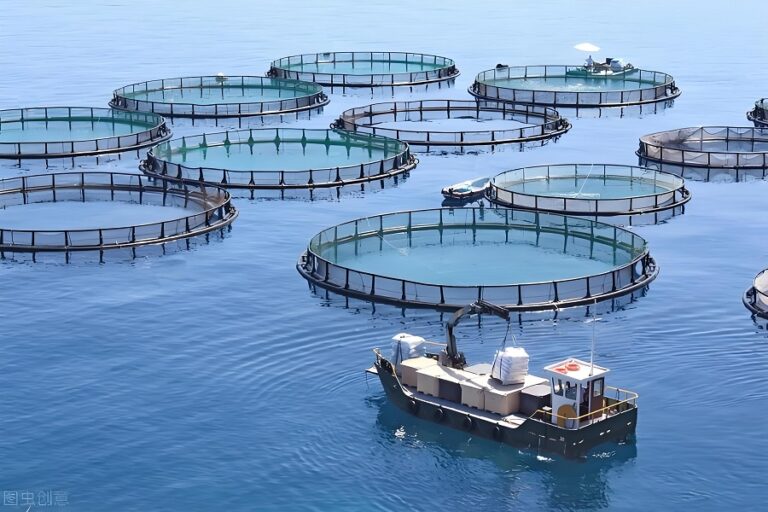Key words: Agriculture, Cut Roses, Grey Mould
Cut roses are revered for their beauty, but they are highly susceptible to a significant threat: grey mould, caused by the fungus Botrytis cinerea. This disease thrives in humid, cool conditions, which are common during storage and transport. Its rapid spread can reduce the quality of roses, leading to a shorter vase life and financial losses for floriculturists. Botrytis not only mars the aesthetic appeal but also damages the delicate tissues of the roses, often turning them brown and hastening their decay.
The Root Causes and Impacts of Grey Mould
Grey mould poses a threat primarily because of its ability to spread quickly, especially in environments where roses are stored in bulk. When humidity and temperature are poorly controlled, the spores of Botrytis become airborne, infecting roses and weakening their structural integrity. For commercial flower growers and sellers, this leads to reduced marketability, increased waste, and higher operational costs.
In addition to aesthetic damage, grey mould also reduces the longevity of roses, affecting consumer satisfaction. Studies by researchers such as Elad (2020) have confirmed that grey mould can reduce flower freshness by up to 30%, further underscoring the need for effective intervention.
Chlorine Dioxide: A Modern Solution for Grey Mould and Other Fungal Control
Chlorine Dioxide (ClO2) is a powerful biocide with proven effectiveness against grey mould. Unlike traditional fungicides, which may only suppress fungal growth, chlorine dioxide generators, like those found in DOTIAN®’s chlorine dioxide effervescent tablets and powder, actively disrupt the protein synthesis in fungal cells, thereby halting the spread of Botrytis. The chemical composition of ClO2 allows it to permeate hard-to-reach areas in storage or transportation, offering superior protection.
This advanced technology ensures that roses remain fresh longer, contributing to improved flower quality during critical post-harvest stages. Research published by Liu et al. (2022) suggests that ClO2 can reduce fungal contamination in cut flowers by up to 80%, thus offering a significant advantage over traditional methods.
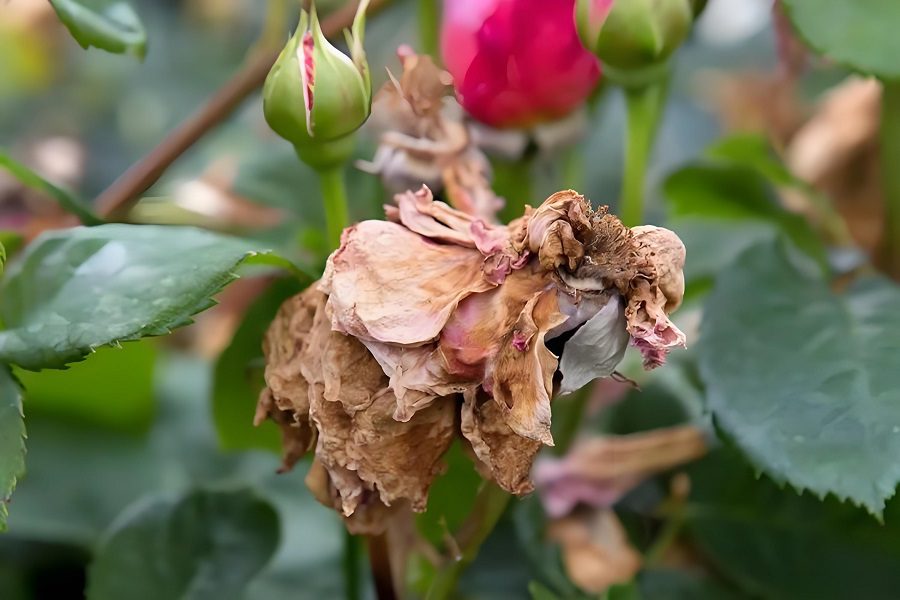
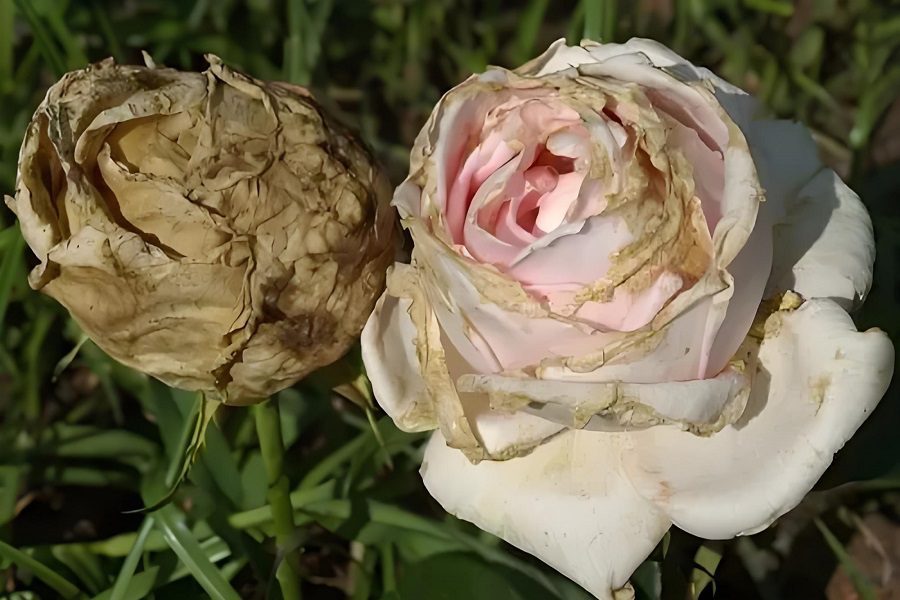
The Benefits of Chlorine Dioxide in Rose Care
- Broad-Spectrum Protection: ClO2 has the capability to neutralize not just Botrytis cinerea, but a wide range of pathogens that could otherwise diminish flower quality. Its comprehensive biocidal action ensures roses are protected from various bacterial and fungal threats throughout their journey from farm to vase.
- Preservation of Flower Integrity: When applied in appropriate concentrations, DOTIAN® chlorine dioxide generators are gentle on roses, ensuring that even delicate petals remain unaffected while the fungal spores are eradicated. This helps maintain the visual and physical appeal of the flowers.
- Eco-Friendly and Economical: Chlorine dioxide stands out for its environmental friendliness compared to other chemical solutions. DOTIAN® products specifically are designed with sustainability in mind, aligning with the horticultural industry’s growing focus on green practices. Unlike chlorine-based disinfectants that generate harmful byproducts, ClO2 decomposes into harmless end-products, ensuring no environmental harm.
- Extended Vase Life: By effectively managing the fungal load, chlorine dioxide treatments help prolong the vase life of roses. Flowers treated with ClO2 remain vibrant and fresh, with research indicating up to a 25% extension in longevity compared to untreated roses.
Safe and Effective Application Methods
For floriculturists, proper application of chlorine dioxide generators is crucial for achieving optimal results. DOTIAN® chlorine dioxide effervescent tablets and powder can be used in several forms, from aqueous solutions applied directly to flower water, to fumigation in storage facilities. In each method, the dosage must be carefully controlled to ensure both safety and efficacy. The correct use of ClO2 significantly reduces the risk of accidental exposure while maintaining the freshness of the flowers.
Operators in horticulture can benefit from utilizing ClO2 during key stages of the rose supply chain, including harvest, packaging, and transport. For example, Amini et al. (2021) demonstrated that ClO2 fumigation could decrease the spore load on cut flowers by 90%, thereby minimizing the chances of mould outbreaks during transit.
Environmental and Economic Advantages
In addition to being highly effective, DOTIAN® chlorine dioxide generators offer an environmentally responsible alternative to harsher fungicides. Many fungicides leave behind harmful residues that can negatively affect both the environment and human health. In contrast, ClO2 breaks down without leaving behind toxic compounds, making it an ideal choice for eco-conscious floriculturists.
Moreover, chlorine dioxide can be applied at lower concentrations than many other biocides, making it more cost-effective for large-scale operations. Its application can lead to significant savings in the long term by reducing product waste and increasing the longevity of cut roses.
Grey mould remains a persistent challenge for rose growers, but with the introduction of DOTIAN® chlorine dioxide effervescent tablets and powder, effective solutions are available. ClO2’s broad-spectrum efficacy, environmental responsibility, and proven ability to extend the life of roses make it an indispensable tool in modern horticulture. To learn more about how DOTIAN® products can protect your flowers, contact us today.
-
Chlorine Dioxide Tablets for Agriculture
-
Chlorine Dioxide Tablets for Brewery
-
Chlorine Dioxide Tablets for Cooling Tower
-
Chlorine Dioxide Tablets for Healthcare
-
Chlorine Dioxide Tablets For Horticulture
-
Chlorine Dioxide Tablets for Poultry 20g
-
Chlorine Dioxide Tablets For Water Treatment
-
Chlorine Dioxide Water Purification Tablets
-
Chlorine Powder for Disinfection
